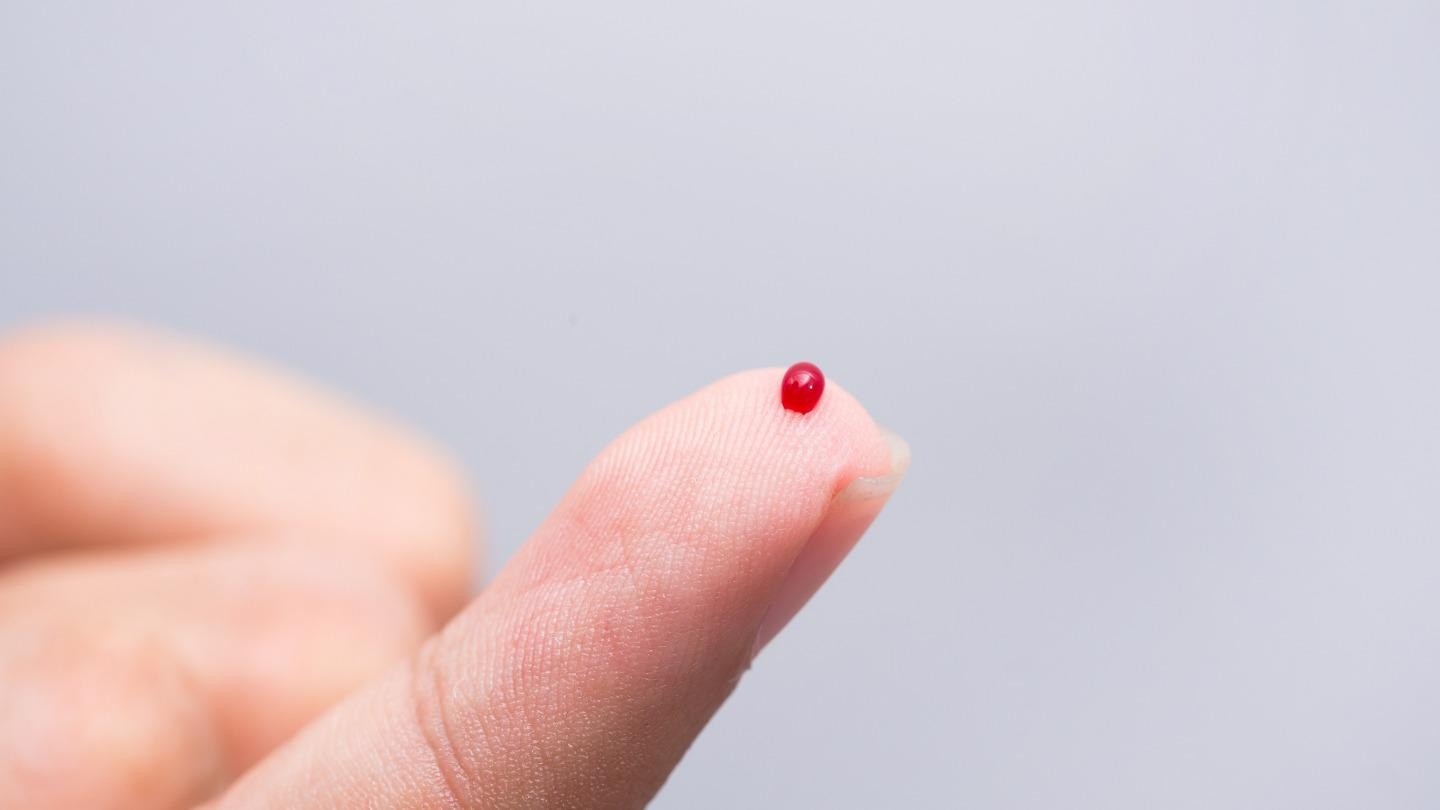
Image Credit: Rutgers, The State University of New Jersey.
Many aspects of humans’ mental and physical health, including sleep quality, are regulated by cortisol and other stress hormones. Increased levels of cortisol can lead to poor sleep, raising stress that can play a key role in heart attacks, panic attacks and other similar ailments.
Today, expensive and cumbersome laboratory setups are required to measure cortisol. To address this problem, the Rutgers-led research team searched for a means to track the natural fluctuations of cortisol in day-to-day life and offer patients feedbacks that help them receive the right therapy at the right time.
The team used the same kinds of technologies used to design computer chips to create sensors that are thinner than human hair and can identify biomolecules even at low concentrations. The researchers validated the performance of the compact device on 65 blood specimens collected from patients with rheumatoid arthritis.
The use of nanosensors allowed us to detect cortisol molecules directly without the need for any other molecules or particles to act as labels.
Reza Mahmoodi, Study Lead Author and Postdoctoral Scholar, Department of Electrical and Computer Engineering, Rutgers University-New Brunswick
Using technologies similar to the new microchip, patients can track their hormone levels and effectively manage stress, chronic inflammation and other medical conditions at a lower cost, stated Mehdi Javanmard, the senior author and associate professor in the Department of Electrical and Computer Engineering at Rutgers University.
Our new sensor produces an accurate and reliable response that allows a continuous readout of cortisol levels for real-time analysis. It has great potential to be adapted to non-invasive cortisol measurement in other fluids such as saliva and urine. The fact that molecular labels are not required eliminates the need for large bulky instruments like optical microscopes and plate readers, making the readout instrumentation something you can measure ultimately in a small pocket-sized box or even fit onto a wristband one day.
Mehdi Javanmard, Study Senior Author and Associate Professor, Department of Electrical and Computer Engineering, Rutgers University-New Brunswick
The study included Pengfei Xie, a PhD student and the study co-author from Rutgers University, and also scientists from the University of Minnesota and the University of Pennsylvania. The study was financially supported by the DARPA ElectRX program.
Journal Reference:
Mahmoodi. R., et al. (2021) Single-step label-free nanowell immunoassay accurately quantifies serum stress hormones within minutes. Science Advances. doi.org/10.1126/sciadv.abf4401.